With great pleasure, we will explore the intriguing topic related to Understanding the Human Body with Organs: A Comprehensive Guide. Let’s weave interesting information and offer fresh perspectives to the readers.
Understanding the Human Body with Organs: A Comprehensive Guide
Introduction
The human body is an intricate and fascinating machine, composed of countless organs working harmoniously to maintain life. Understanding the anatomy and physiology of these organs is crucial for medical professionals, students, and anyone seeking to enhance their knowledge of human biology. In this comprehensive guide, we will delve into the intricate world of human organs, exploring their functions, locations, and the implications of their dysfunctions.
Subheadings
- The Respiratory System: Breathing Life into the Body
- The Cardiovascular System: The Heartbeat of Life
- The Digestive System: Nourishing the Body
- The Urinary System: Filtering and Excreting Waste
- The Reproductive System: Perpetuating Life
- The Nervous System: Controlling and Communicating
- The Endocrine System: Regulating Body Functions
- The Skeletal System: Providing Support and Structure
- The Muscular System: Movement and Action
- The Integumentary System: Protecting the Body
- The Lymphatic System: Defending against Infection
- The Immune System: Fighting Disease
- The Special Senses: Perceiving the World
- The Endocrine System: Regulating Body Functions
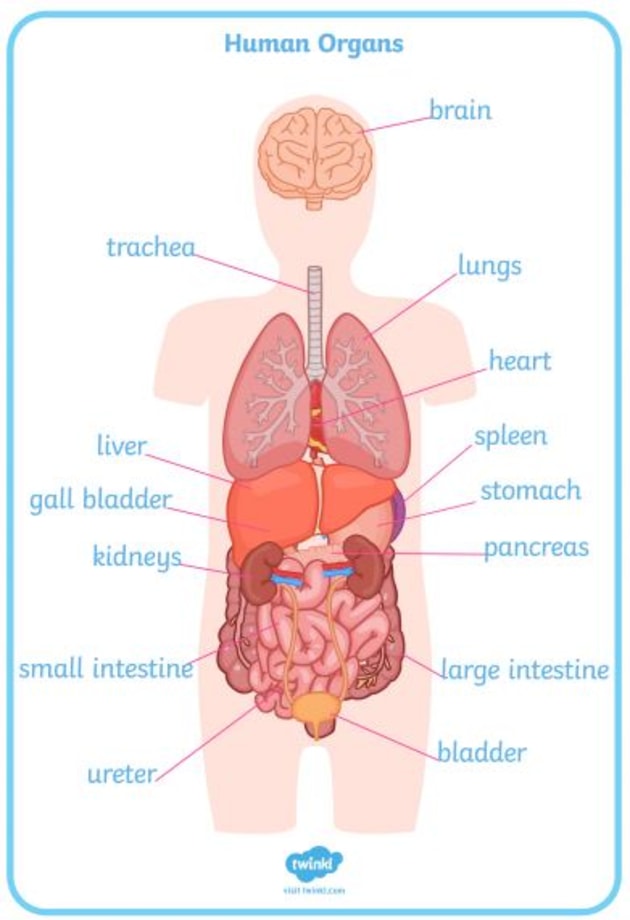
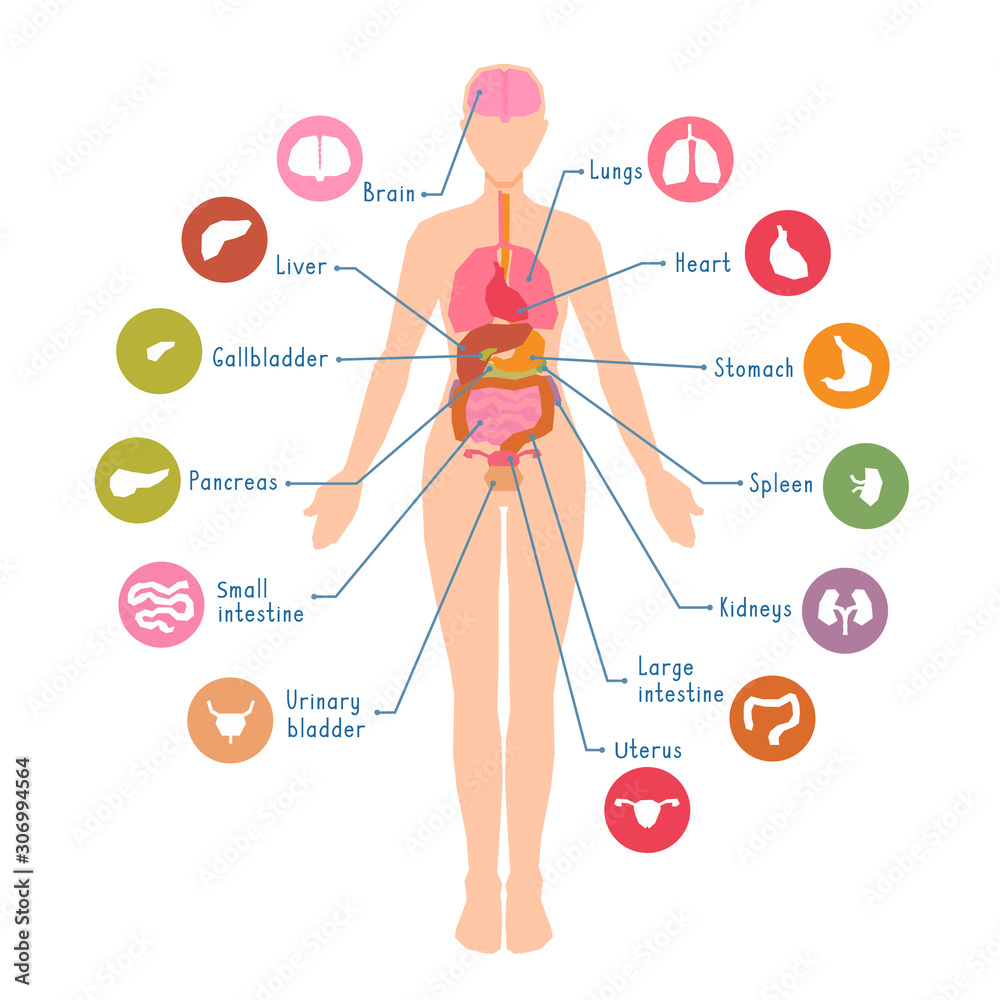
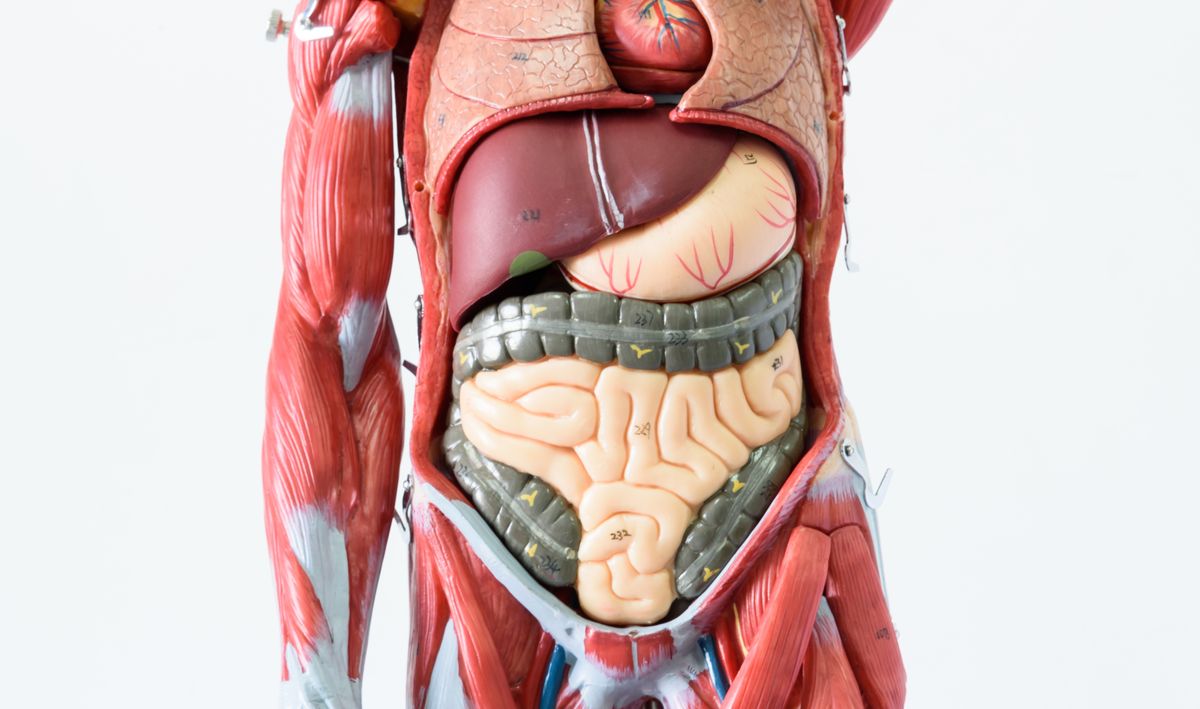


Advantages and Disadvantages of Studying Human Organs

Advantages:
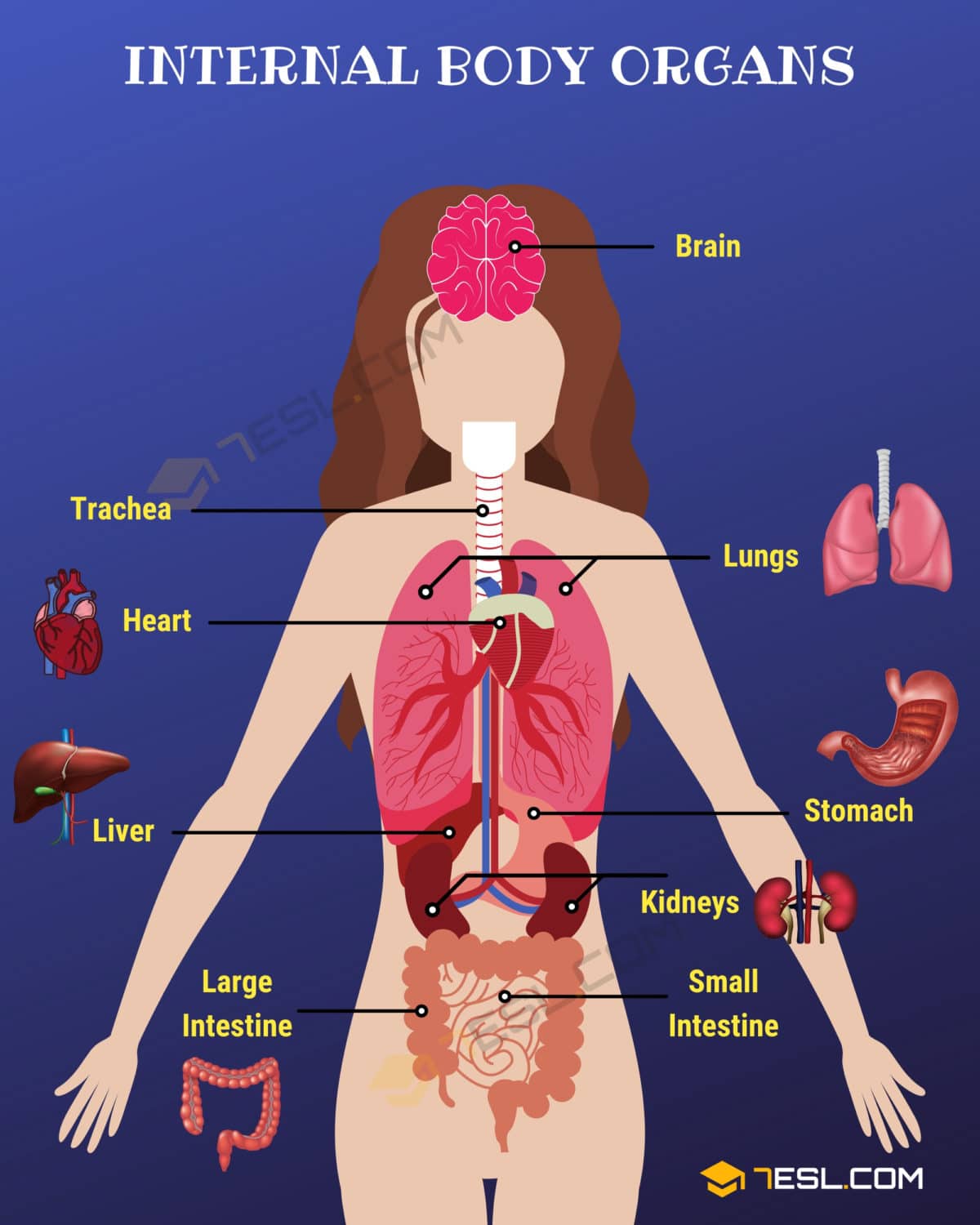
- Enhanced Medical Diagnosis and Treatment: Understanding the structure and function of organs enables medical professionals to diagnose diseases more accurately and develop effective treatment plans.
- Improved Health Literacy: Knowledge of human organs empowers individuals to make informed decisions about their health and lifestyle.
- Appreciation for the Complexity of Life: Studying organs fosters a deep appreciation for the intricate workings of the human body and the marvel of life itself.
- Preparation for Medical Careers: A thorough understanding of human organs is essential for aspiring medical professionals, including doctors, nurses, and researchers.
- Educational Enrichment: Exploring the human body is a captivating and intellectually stimulating pursuit that enriches one’s overall knowledge and understanding of the world.
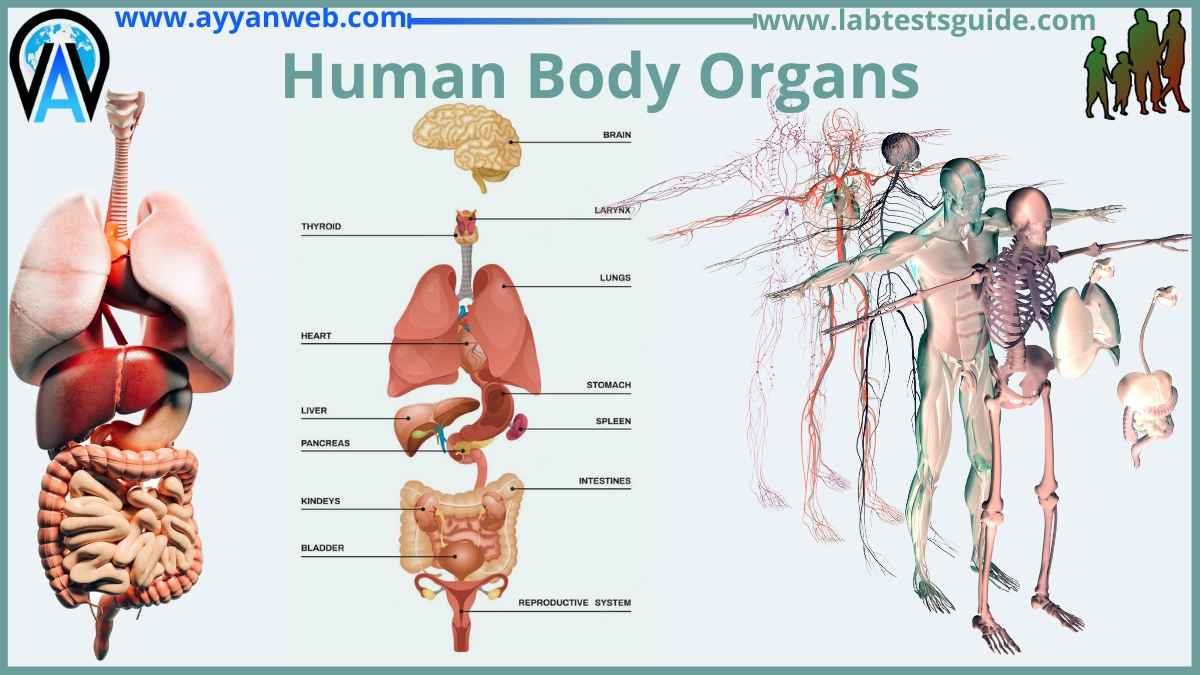
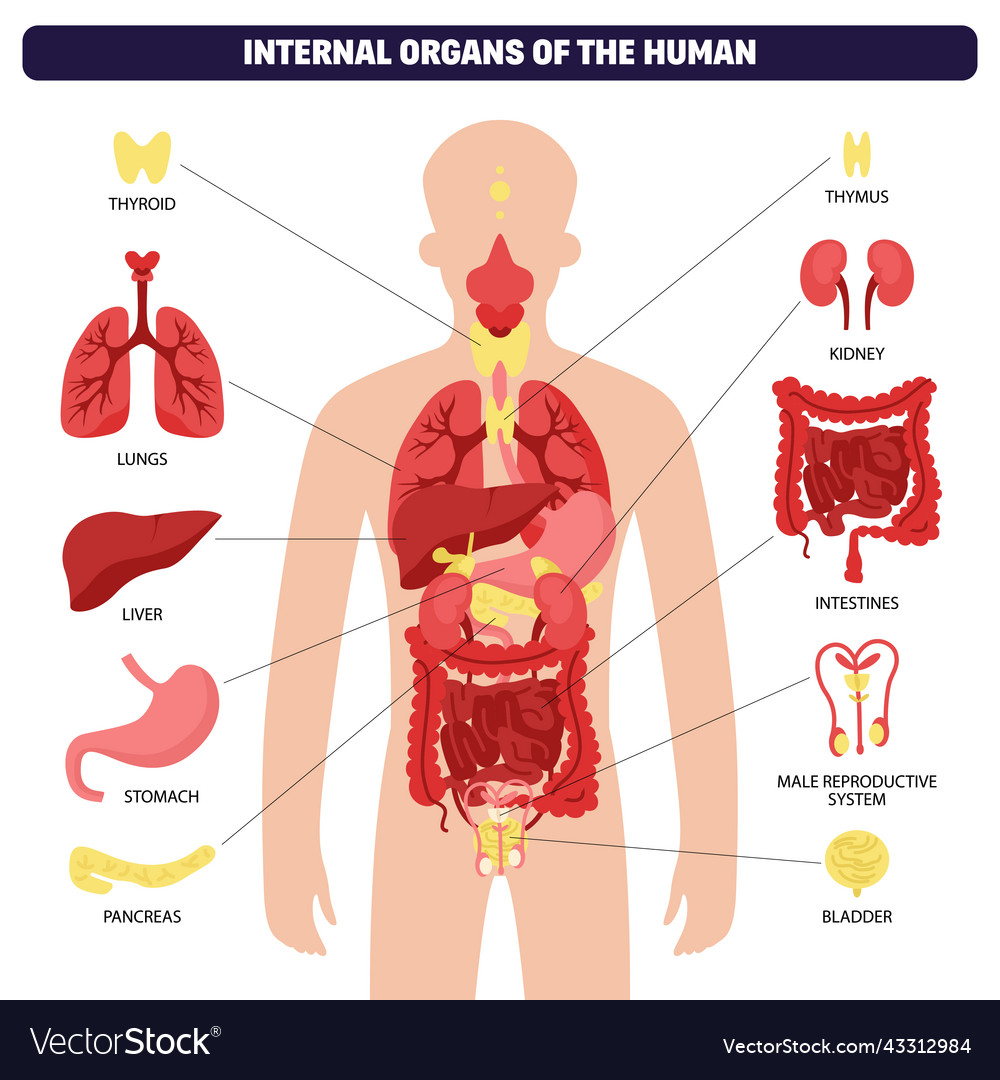
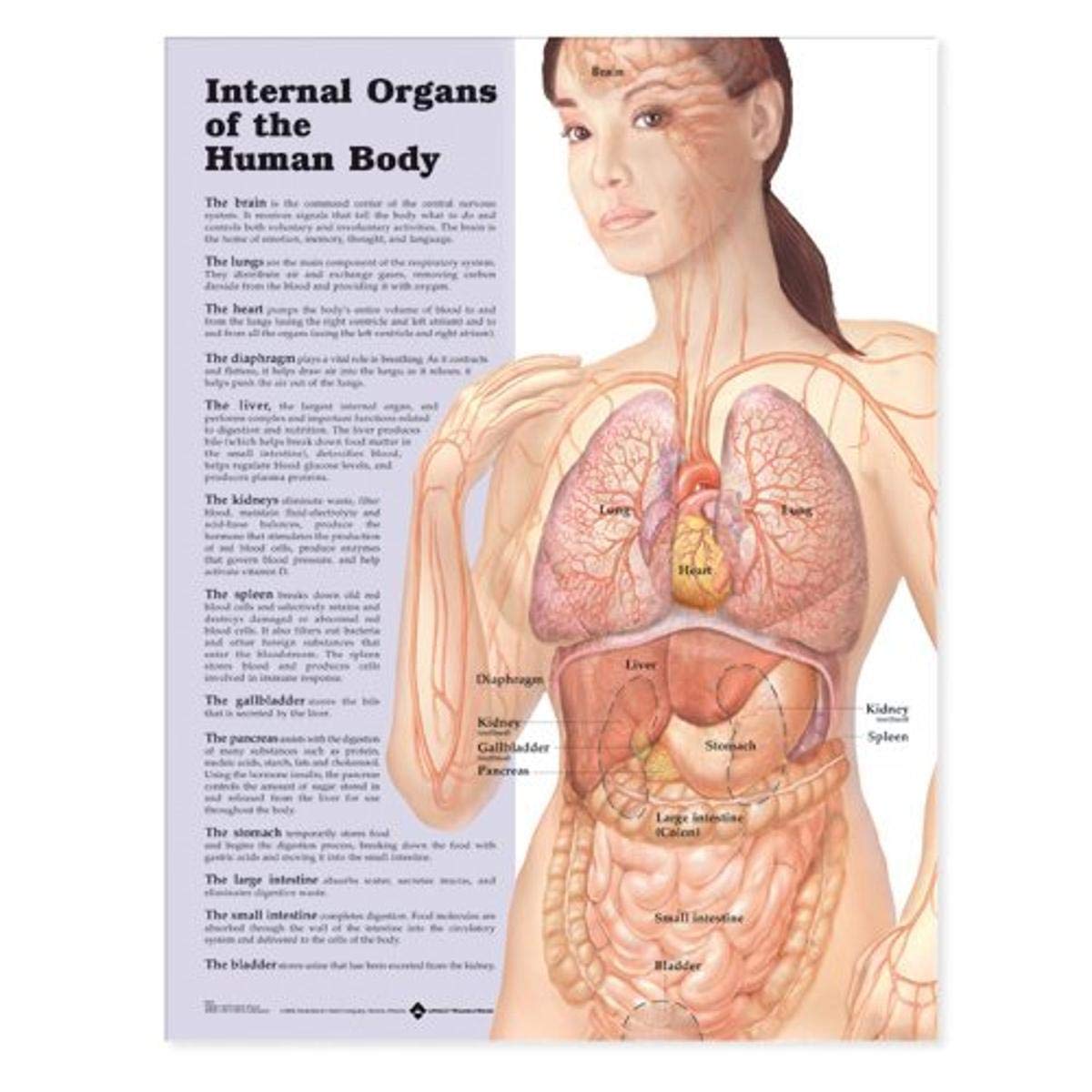

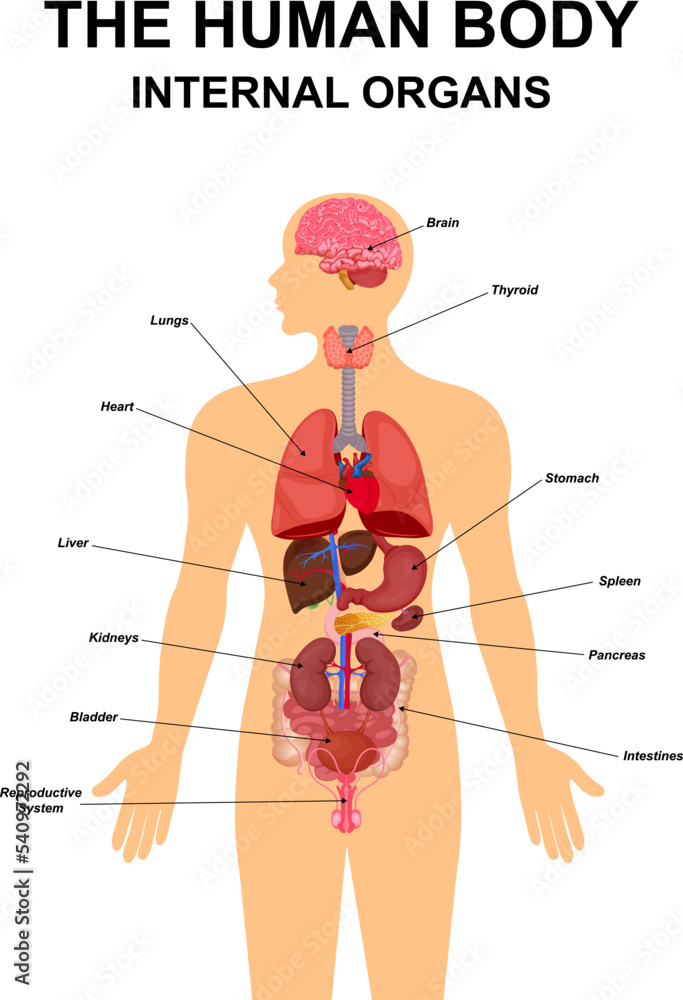
Disadvantages:
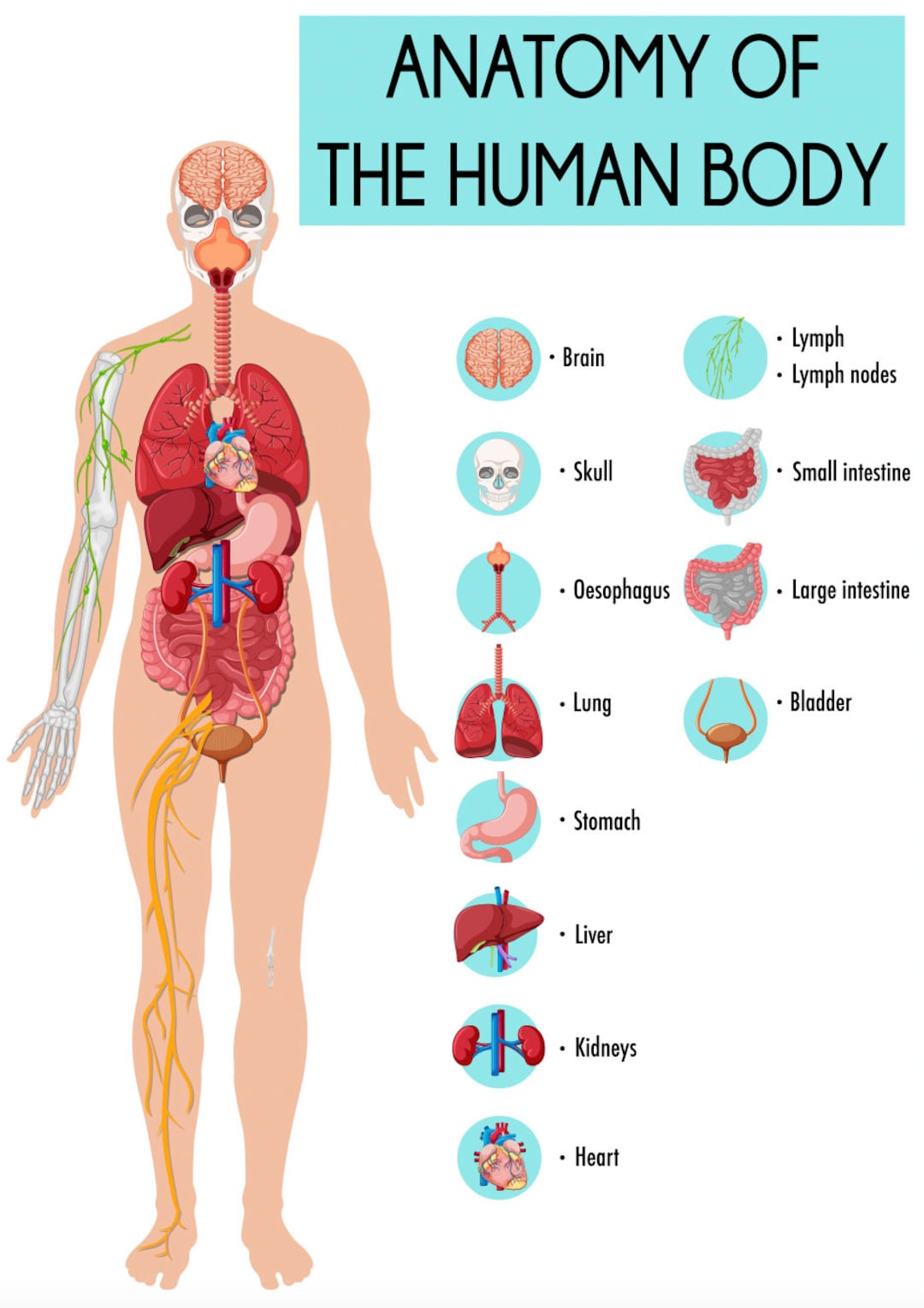
- Complexity and Detail: The human body is incredibly complex, and studying its organs requires a substantial investment of time and effort.
- Medical Terminology: Understanding human organs involves mastering a specialized vocabulary, which can be challenging for those unfamiliar with medical terminology.
- Potential for Dissection: In some cases, studying organs may involve dissecting specimens, which can be emotionally challenging for some individuals.
- Limited Accessibility to Organs: Access to human organs for study is often restricted due to ethical and practical considerations.
- Need for Specialized Equipment: Dissecting and examining organs requires specialized equipment, such as microscopes and dissection tools, which may not be readily available to everyone.
Summary of Human Organs
The human body is composed of numerous organs, each with a specific function. These organs work together in a coordinated manner to maintain homeostasis and support life. The major organ systems include:
- Respiratory System: Lungs, trachea, diaphragm
- Cardiovascular System: Heart, blood vessels, blood
- Digestive System: Stomach, intestines, liver, pancreas
- Urinary System: Kidneys, bladder, urethra
- Reproductive System: Ovaries, testes, uterus, penis, vagina
- Nervous System: Brain, spinal cord, nerves
- Endocrine System: Pituitary gland, thyroid gland, adrenal glands
- Skeletal System: Bones, joints
- Muscular System: Muscles, tendons, ligaments
- Integumentary System: Skin, hair, nails
- Lymphatic System: Lymph nodes, lymphatic vessels
- Immune System: White blood cells, antibodies
- Special Senses: Eyes, ears, nose, tongue, skin
Q&As
Q: What is the largest organ in the human body?
A: The skin
Q: Which organ is responsible for filtering blood?
A: The kidneys
Q: What is the function of the pancreas?
A: To produce digestive enzymes and hormones
Q: Which organ is the control center of the body?
A: The brain
Q: What is the role of the lymphatic system?
A: To defend against infection and drain excess fluid
Conclusion
Understanding the human body with organs is an essential pursuit for medical professionals, students, and anyone seeking to enhance their knowledge of human biology. By exploring the functions, locations, and implications of organ dysfunctions, we gain a deeper appreciation for the complexity of life and the importance of maintaining a healthy body. Whether you are a medical student preparing for a career in healthcare or simply an individual seeking to improve your health literacy, investing in the study of human organs is a rewarding and enriching endeavor.
Closing Statement
As you embark on your journey to understand the human body, remember that the knowledge you acquire will empower you to make informed decisions about your health, appreciate the marvel of life, and contribute to the advancement of medical science. Embrace the challenges and rewards of studying human organs, and let this knowledge guide you towards a healthier and more fulfilling life.

Closure
Thus, we hope this article has provided valuable insights into Understanding the Human Body with Organs: A Comprehensive Guide. We hope you find this article informative and beneficial. See you in our next article!

